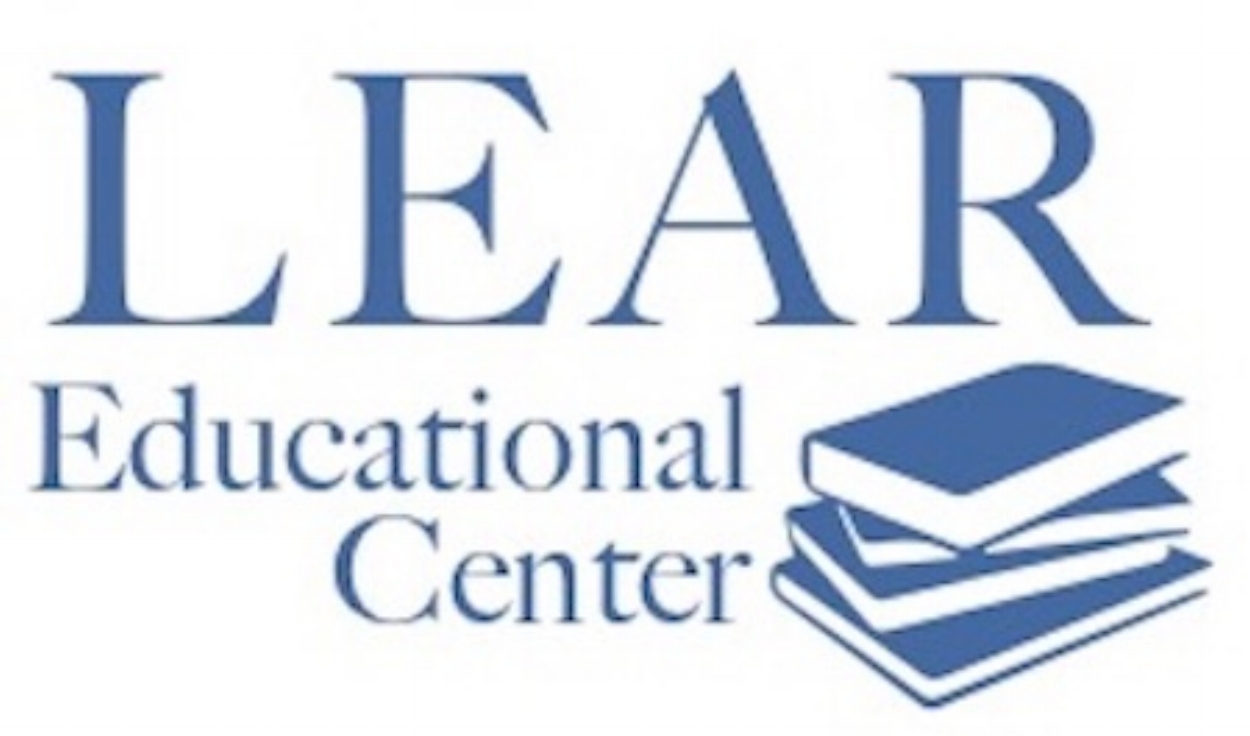Mastering Math with the Lear One to One Advantage!
/Young children see rather quickly that half of a cookie isn’t a whole cookie. They also might readily learn the numbers from one to ten and understand the corresponding amounts. Learning to work with numbers, however, can be a great challenge. Rewards are just as great, though, because making numbers work for us is a life-long and necessary skill.
Perhaps your student wasn’t present in class when a new concept was introduced by the teacher, or maybe your child was distracted or simply didn't fully understand what was being taught. Solving basic math problems by following an example without understanding the concept behind the solution will leave the child unaware as to when and why the calculation is to be used.
Various math operations will be presented during a school year; various methods will be used to solve problems. To succeed, the student needs to learn which calculation will lead to a solution in which instance. If not, there will be difficulty when the problems become more complicated, such as in word problems or when there are problem-solving choices or when more than one operation is needed to solve a problem.
Homework or exercises in class on the subject completed without understanding may confuse the issue further. As the key concept is built upon in the next lessons, the child may become uncomfortably bewildered and feel too sheepish to ask for yet another explanation of the original key concept. As the rest of the class advances in the subject, the child may fall even further behind his classmates.
Students with dyscalculia have considerable difficulty with mathematics. Often, they don’t understand the basic concepts of numerals, quantities, or comparisons. They also may have problems relating the numerals to the words describing them, for example, the numeral 10, the word ten and ten objects. This hinders the ability of the students to perform calculations, especially those calculations with multiple steps or in word problems. Students with dyslexia and those with ADHD often have dyscalculia as well.
At Lear Educational Center, students receive a skill assessment so that they can be provided with the best tutoring to fill in any gaps in their learning, catch up with their current grade curriculums, strengthen their skills and move ahead in their math competency.
Our programs foster enthusiasm, comprehension and retention. They feature:
Multi-sensory teaching (sight, hearing, touch and movement) to encourage and maintain interest.
Visual, spoken and written explanations of concepts which assist the students to image and verbalize the reasoning of the concept.
Gradual introduction of new concepts and skills with frequent review so as to enhance recollection of prior learning and promote mastery of basics.
An emphasis on comprehension and retention so that students can effectively progress through more complex levels.
Study strategies, learning and executive function skills also are reinforced.
We use programs designed to maximize the student’s potential to learn math aligned with Pennsylvania Common Core Standards.
Our goal is to ensure that students can competently read and perform basic mathematical functions and solve word problems. Remediation recommendations from the student’s classroom teachers are addressed as well as the student’s learning differences.
At Lear Educational Center we provide one-to-one, individualized Academic Coaching and Scholastic Tutoring on all levels, primary through college, for most subjects and for most standardized tests. Study strategies, learning and executive function skills also are taught so that our students can best meet the classroom challenges of today as well as those of tomorrow.
Our tutoring services are available on campus, online, or at our facility.
Lear Educational Center - providing tutoring services to students from Allentown, Bethlehem, Easton, Greater Lehigh Valley and Northwest New Jersey since 2000



































